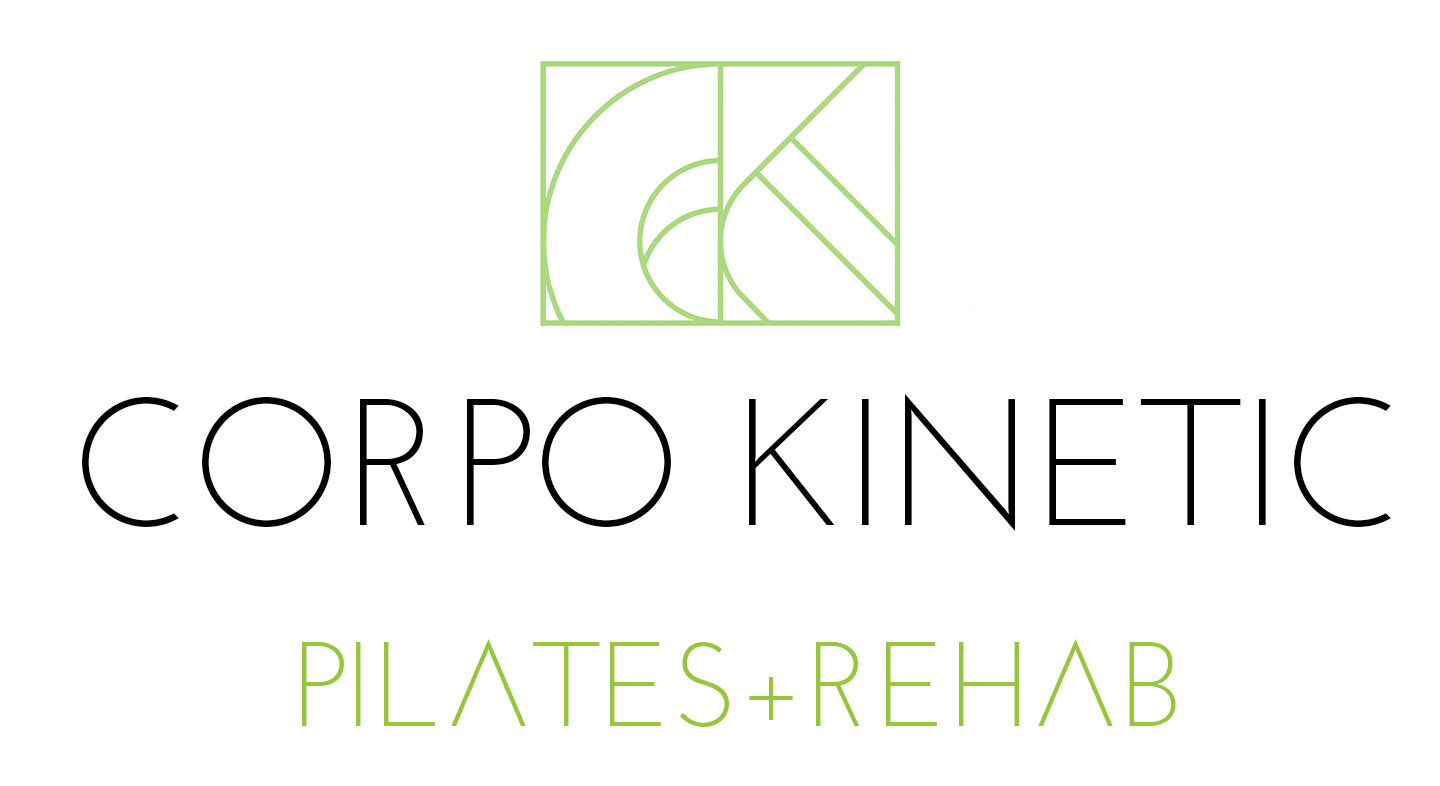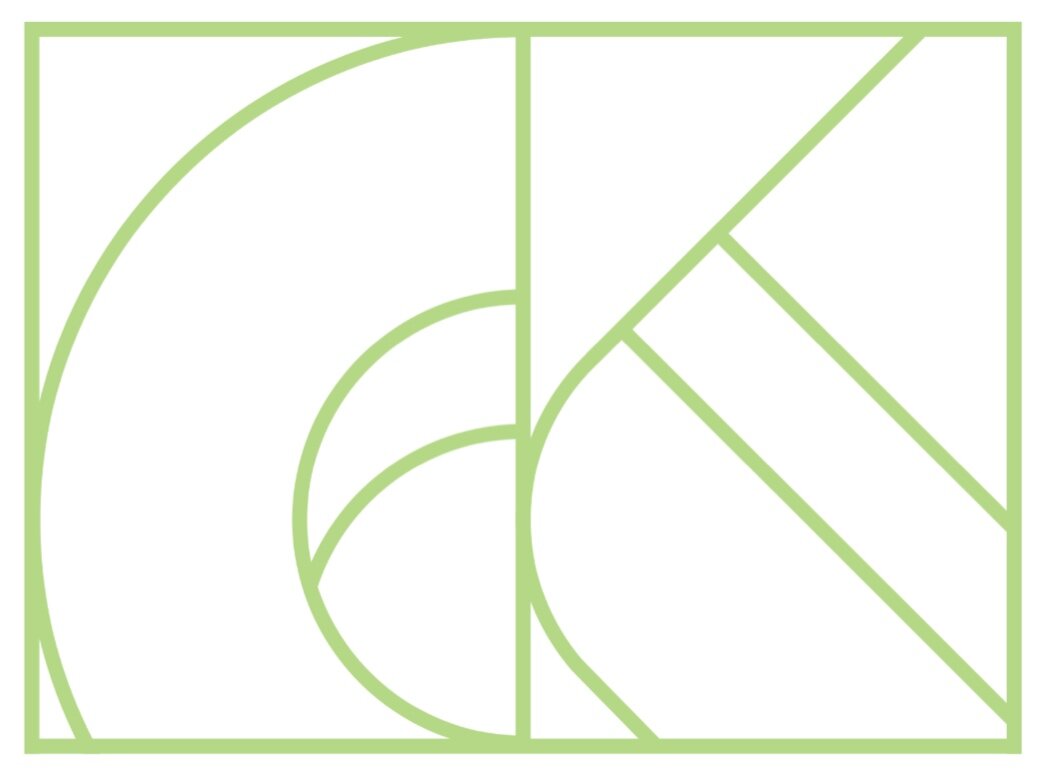Five Simple Foot Exercises
As upright beings, our feet are our base of support. There are 26 bones & 33 joints in each foot to allow the feet to absorb and distribute the impact of standing/walking/running throughout the rest of the body. In some schools of thought, everything functional or dysfunctional in our movement patterns can be traced back to our feet. (If you want to learn more about foot anatomy, check out our blog 52 Foot Bones.)
In Pilates, we work on our feet in a variety of ways. If you’ve ever been on the Reformer, for example, you probably did some variation of “Footwork,” in which you place your feet in various positions on the footbar, stimulating and strengthening them in a variety of positions.
Treating your feet to added mobility and strength exercises can free up tension in your calves, hamstrings, hips, and spine. The effects of caring for our feet can be felt in the entire body!
Try out these at-home foot exercises and let us know what you discover.
Easy foot release w/ pinky ball:
Grab your pinky ball and place it on the ground slightly in front of one foot
Place the ball of the foot on the ball, start on the big toe mound
Bring your weight forward onto the forward leg, pressing the foot harder into the ball, then bring the weight to your back leg to relieve the pressure. Repeat 3x
Repeat for each toe mound
Finish w/ moving the ball up and down the foot, allowing it to massage your arch. It should feel delicious!
Arches out/arches in
Our feet are built to walk on a variety of surfaces, yet we spend most of our time on surfaces that are both flat and level. Constantly interacting with only flat surfaces can limit the mobility of the foot, ankle and hip joints. Try this to expand your mobility...
Stand with your feet parallel, hip socket distance apart
Lift the big toe side of your foot (the full inner side of your foot - all the way from your big toe to your heel) away from the mat, rolling out onto the pinky toe sides of your feet. Your arches are now facing in, towards each other
Lift the pinky toe side of your foot away from the mat, rolling in onto the big toe sides of your feet. Your arches are now collapsed down towards the floor and facing a little out, away from each other
Repeat this alternating movement several times, rolling the arches in with the pressure on the pinky toe side of your feet, then rolling the arches out, with the pressure on the big toe side of your feet
While a fairly simple exercise, this is actually a complex movement which mobilizes your arches, the long bones of your feet, your ankles, and your hip sockets. How many parts can you feel moving as you roll your arches out and in?
Standing Toe Spreading
Our toes tend to get scrunched in shoes and forget that they are actually independent beings. Being able to spread your toes can improve your balance, proprioception, and foot strength.
Stand with your feet parallel, hip socket distance apart
Lift all ten toes off of the mat. As you lift them up, it becomes easier to feel the ball of the foot pressing down into the mat. Can you press equally into the pinky toe ball, the big toe ball, and the center of your heel? This is your tripod foot.
Keep your tripod foot with equal weight on your pinky toe ball, big toe ball, and center of your heel as you lift and lower your toes.
Each time you lift your toes, try to spread them as far apart as possible. Can your big toes reach towards each other? Can you make space between all toes? Can you do so without losing the tripod foot?
Piano Toes
A level up from Toe Spreading, Piano Toes further builds dexterity in those tootsies! If you’re someone who often rolls their ankle or tweaks their feet, this is a great preventative exercise to help you avoid those accidental injuries.
Stand with your feet parallel, hip socket distance apart. Find your tripod foot
Keeping your tripod foot, can you lift just your big toes off the mat?
Can you lift just the eight little toes?
Alternate between the two: lift the big toes, put them down, then lift the little toes, put them down.
Once you’ve mastered alternating the big toe/pinky toe lfit, try the full piano toes:
Lift the big toes off the mat
Keeping the big toes off, lift the second toes as well
Keeping the big and second toes off, lift the third toes as well
Keep going down the line until all 10 toes are lifted! Then…
Reverse! Put just the pinky toes down
Keeping the pinky toes down, put the fourth toes down as well
Then the third…
Then the second
And finally adding the big toes
Remember to keep your tripod foot the whole time! It’s easy to roll the arches as you try to get those toes off the floor. Try to keep all three points of your tripod pressing down, only lifting the toes!
Foot doming/inchworm foot
This exercise helps to strengthen the intrinsic muscles of the feet, which naturally support our arches, much as an orthotic does. Bonus: While orthotics hold your foot in one position, limiting the dynamic play between foot, ankle, knee, and hip, support from the intrinsic muscles of the feet is dynamic and flexible, yielding better neuro-muscular action all the way up into your hips.
Sit on the front edge of a chair, with your feet flat on the floor.
Find your tripod foot
Keeping your toes flat, lift the arches of your feet up like a pop-up tent, sliding your heels closer to the ball of your foot.
Lengthen your foot out, sliding the ball of your foot away from your heels
Repeat! Your feet will slowly creep along the floor like an inchworm. Note that this isn’t a “toe curl” exercise - we’re trying to work the arch muscles (not the toe muscles). Try to keep your toes flat the whole time. It’s fine to press them down into the floor to do so.
Once your feet have inched away from you as far as they can, reverse and inchworm your feet back towards you: doming your feet to slide the balls of the feet back towards the heels, then lengthening the feet to slide your heels away from the balls of your feet. Keep those toes flat!
How do your feet feel? If they feel awakened and maybe a little tired in ways they normally aren’t, good work! Keep up the mobilizing and strengthening exercises presented here a few times a week, and join us in class for more footwork!
Treat your feet!
Feet & Fascia Workshop
2nd Saturday of every month

